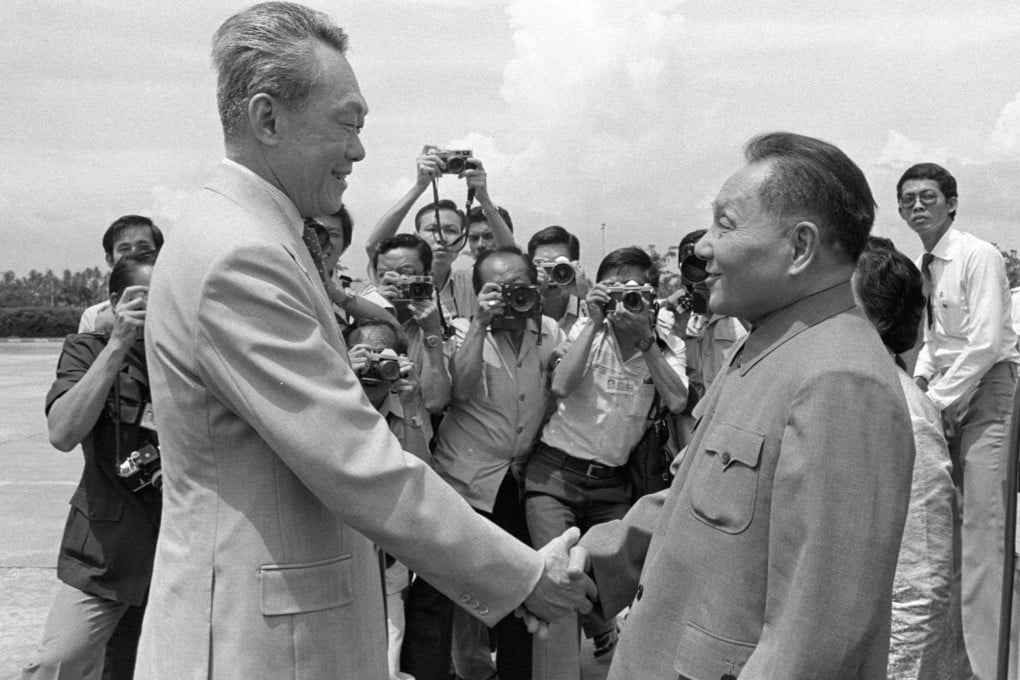How Lee Kuan Yew crafted Singapore into a role model for China
Statesman’s influence was felt and appreciated on both sides of the Taiwan Strait, and the Pacific

For years, China’s leaders have been obsessed with learning from Singapore’s success.
The city state has maintained single-party rule with popular legitimacy, retained good governance with an uncorrupted bureaucracy, and delivered inclusive growth with equal opportunities for its people in a harmonious, multiracial society.
But beyond its success, what makes Singapore most attractive to China is the special bond between the two states, nurtured by their respective patriarchs Deng Xiaoping and Lee Kuan Yew.
In November, 1978, Deng, then senior vice-premier, made an official visit to Singapore during which both strongmen statesmen sowed the seeds to cultivate that special relationship, historians say.
Lee developed a keen understanding of China and its leadership during 33 visits starting in 1976, when he shared a brief handshake with the ailing chairman, Mao Zedong .
In the four decades since, Lee maintained cordial relations with five generations of Chinese leaders. Only former United States secretary of state Henry Kissinger can boast the same.